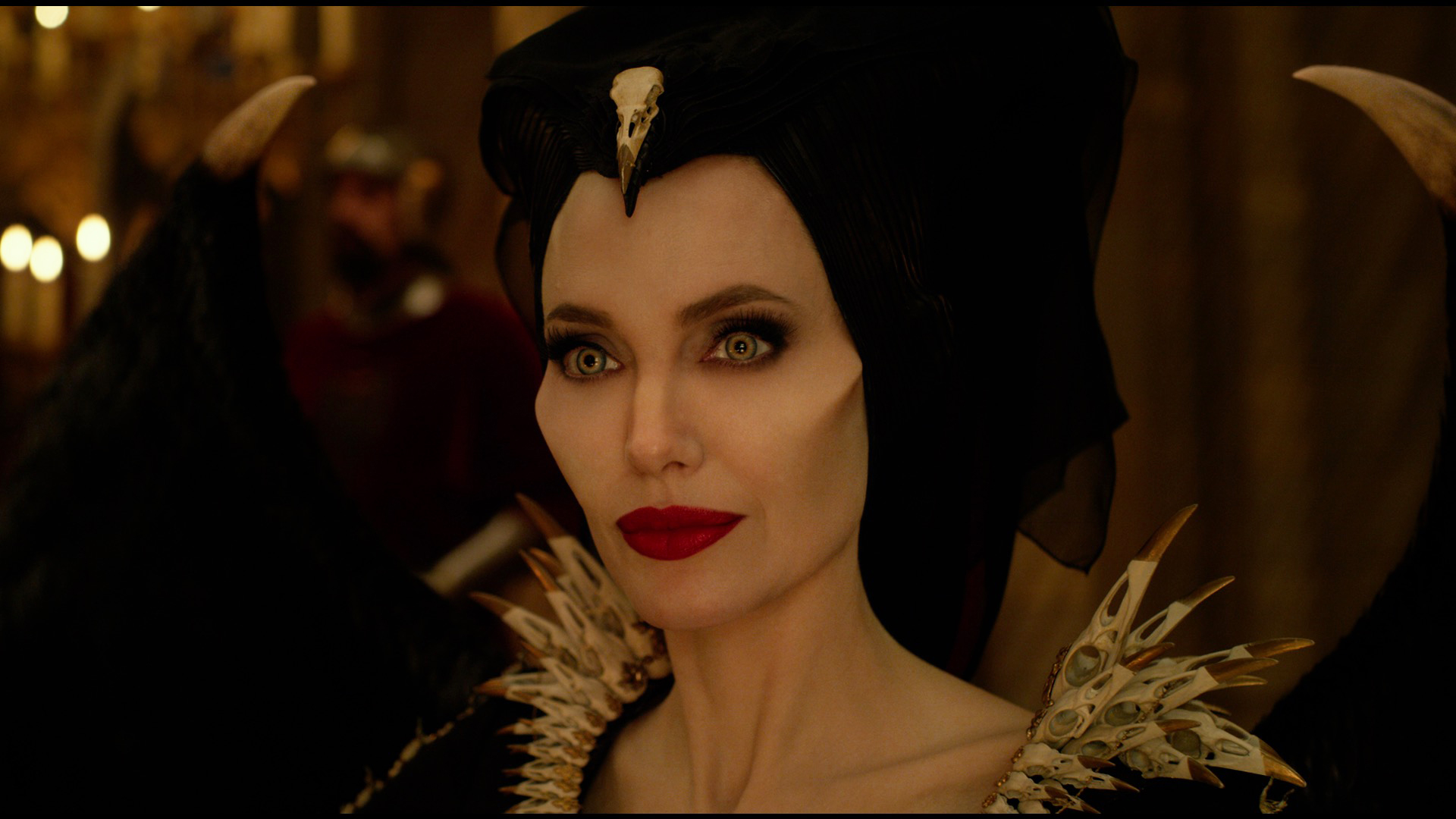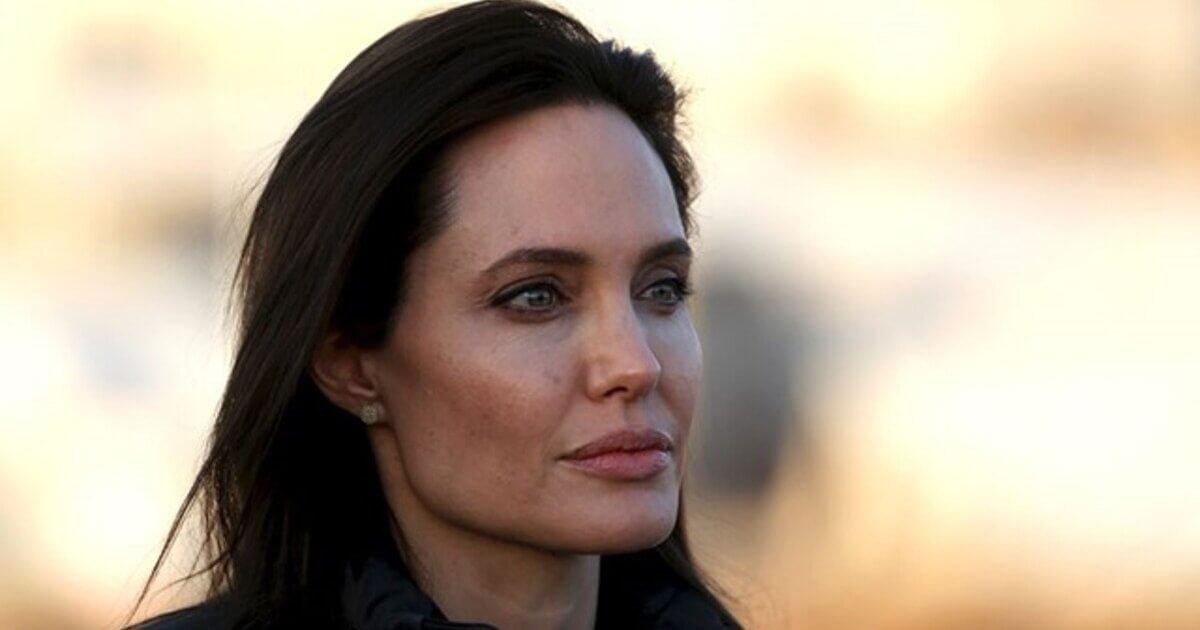“Our scars remind us of what we’ve overcome,” Says Angelina Jolie six years after her preventative double mastectomy. In 2013, Angelina Jolie inspired millions of women to think about screening and genetic risk for breast cancer — now, she’s inspiring women to think about stress and emotional health as well.
“What I've come to understand, as I've reflected on my own experiences and those of others I've met, is that while we should continue to push for advancement, care is not just about medical treatments,” Jolie said in an Op-ed for Time Magazine. “It's also about the safety, dignity and support afforded to women, whether they're battling cancer or trying to manage other stressful situations. And far too often they're not given nearly enough.”
Read More
She related her hope to be around for her her children to her own experience losing her mom, “My hope is to give as many years as I can to their lives, and to be here for them. I have lived over a decade now without a mom. She met only a few of her grandchildren and was often too sick to play with them.”
And said that she knows how much her kids would have gained from knowing her own mom personally, “It's hard now for me to consider anything in this life divinely guided when I think of how much their lives would have benefited from time with her and the protection of her love and grace. My mother fought the disease for a decade and made it into her 50s. My grandmother died in her 40s. I'm hoping my choices allow me to live a bit longer.”
Information about finding emotional support during cancer
Heidi Kugler's ovarian cancer diagnosis came as a complete shock. During an interview with SurvivorNet in Columbus, Ohio, she said that she was pretty active, and feeling pretty healthy, when one day she went to the ER due to a sharp pain in her chest. That's where they found the cancer.
Ovarian cancer survivor Heidi Kugler on finding emotional support during cancer
"I was in shock totally in shock," Heidi said. "Had no idea that's one of the things about ovarian cancer. It's the silent killer."
Heidi also explained that as she was going through treatment, and afterwards, it made a huge difference after she began telling friends and acquaintances about her experience with the disease. "I got this outpouring of love that was just amazing," Heidi said. "It got me through each and every day."
Angelina Jolie, her preventative mastectomy, and emotional health
“I understand now that we often focus on the specific cancer or illness affecting a particular woman, but miss the bigger diagnosis: her family situation, her safety and whether she is carrying stress that is undermining her health and making her days much more difficult,” Jolie said about her recent wrestling with the emotional factors of women’s health.
“No person should feel a level of worry and pressure that affects their health. But so many do. And it should not take someone getting sick to realize that caring for them and not harming them is necessary.”
In 2013, Oscar winner Jolie told the world that she had made the decision because she had a high risk of developing breast cancer. The reason Jolie was at increased risk was because she had what's called a BRCA1 gene mutation. Doctors estimated she had an 87 percent chance of developing the disease. She also had a 50 percent risk of ovarian cancer, which is linked to the BRCA1 gene mutation as well.

Jolie also talked a little bit about paying attention to her body, “I have a patch for hormones, and I need to get regular health checkups. I see and feel changes in my body, but I don't mind. I'm alive, and for now I am managing all the different issues- I inherited-.”
But says that for now, being aware of her own issues helps her relate to other women, I feel more connected to other women, and I often have deeply personal conversations with strangers about health and family.”

Jolie says that she doesn’t regret any of her physical scars, “People also ask how I feel about the physical scars I carry. I think our scars remind us of what we have overcome. They are part of what makes each of us unique. That diversity is one of the things that is most beautiful about human existence.”
But that what usually hurts the most are the mental scars, the trauma that women go through when they don’t feel supported, “The hardest scars to bear are often invisible, the scars in the mind. All the patients I met at the Institut Curie said the care and support of their loved ones was the most important factor in their ability to cope with their illness. And here the picture is troubling globally, particularly for women.”

She provided a little bit of information about mental health and women, “Women are the largest group of people affected by post-traumatic stress disorder, according to the World Health Organization (WHO). Unipolar depression is twice as common in women as in men worldwide. More women than men are affected by anxiety, psychological distress, sexual violence and domestic -violence.”
“And more than half of the women killed worldwide died at the hands of a partner or family member, according to the latest statistics. Factors that account for women's poor mental health, according to the WHO, include discrimination, overwork, poverty, malnutrition, low social status and unremitting responsibility for the care of others.”
And she said that she’s come to understand just how important these factors are when it comes to women’s health, “So I have learned that when it comes to women's health, medical advances are only one part of the picture. Mental and emotional health, and physical safety, are just as important. Without that there may be a false sense that a woman is being cared for, when in fact she is falling apart because of other pressures in her life that receive no attention at all.”

She said that mental health has come to inform her view of feminism, and called for readers to stop treating women in abusive and undignified ways, “When we speak of women's equality, it is often in terms of rights withheld, that ought to be given to us collectively. Increasingly I see it in terms of behavior that needs to stop. Stop turning a blind eye to the abuse of women. Stop blocking the ability of girls to get an education or access health care.”
And called for our world to treat women with the respect they deserve, “Stop forcing them to marry a person you have chosen for them, especially when they are still children. Help young girls know their value. Help keep women you know safe. And before a woman is in the hospital, dying, and that reality is written on a diagnosis sheet, look into her eyes and consider the life she is living and how it might be with less stress,” she said.
“All medical discoveries that extend our lives are welcome. But the bodies we are hoping to heal also need to be respected and spared preventable harm. Only if we feel safe and cared for are any of us able to reach our full potential.”
Learn more about SurvivorNet's rigorous medical review process.


